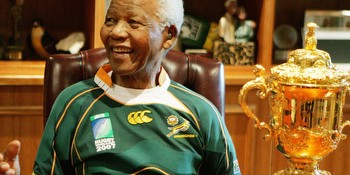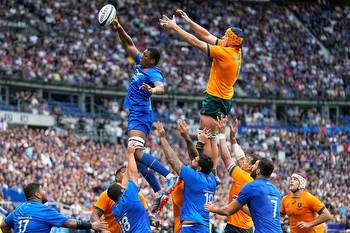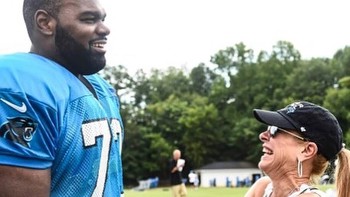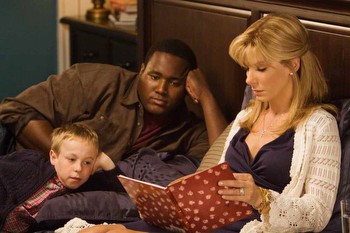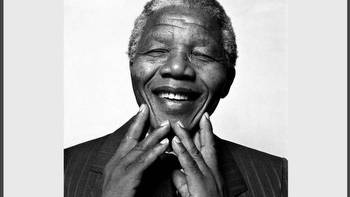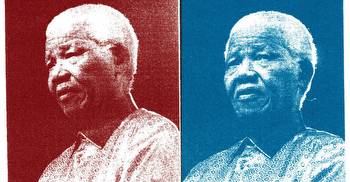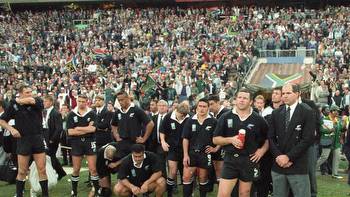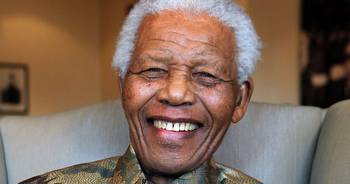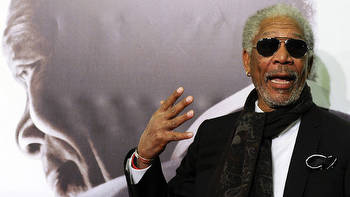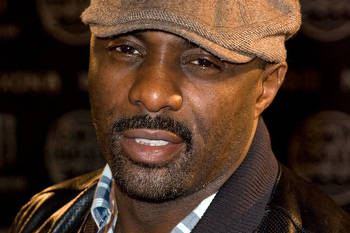even worse than I thought it was
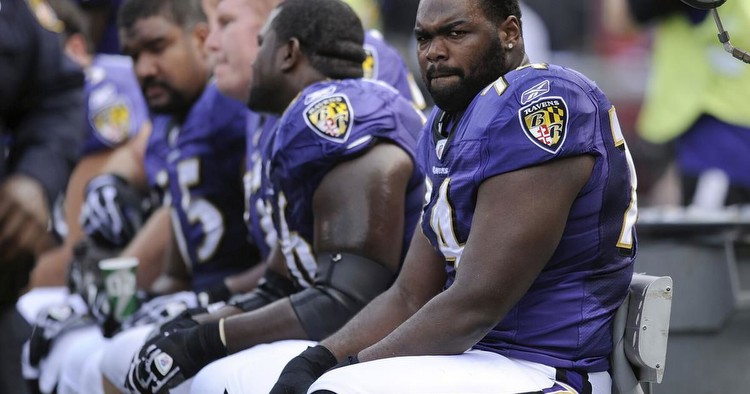
Excuse me for the schadenfreude over Michael Oher’s claim that his — guardians? Adoptive parents? accounts differ — manipulated him over his own biopic, “The Blind Side.”
“The Blind Side” holds the dubious distinction of being my least favorite movie of all time. Admittedly, my distaste for it started out as personal animus.
“The Blind Side” opened in theaters Nov. 20, 2009. Less than a month later, “Invictus” premiered in theaters.
There isn’t enough space in the movie market place for two sports movies at the same time, and “The Blind Side” consumed all of the attention during the 2009 holiday season.
“Invictus,” adapted from the book “Playing the Enemy” by British journalist John Carlin, recounted the story of Nelson Mandela’s rise from political prisoner to president of South Africa, and Mandela’s use of the 1995 Rugby World Cup to unify a nation that was threatening to violently disintegrate.
I was the target audience for “Invictus,” not in a focus group sort of way, but in a “There’s this guy in Pennsylvania. Let’s make a movie for him” sort of way.
“Former rugby player” is an important part of my identity — my pronouns in bio are “he/him/utility forward” because I played every position in the scrum except hooker. When I was at the student newspaper at the University of Pittsburgh, I met Professor Dennis Brutus, a poet and anti-apartheid activist who busted rocks on Robben Island with Mandela.
I watched the 1995 Rugby World Cup semifinals and final from my home in Pittsburgh on pay-per-view cable. When Mandela stepped down from the president’s box after the final wearing a Springboks jersey — a symbol of the apartheid white minority rule that stole 27 years of his life — an act depicted in the movie, I watched as it happened.
So I felt a connection with “Invictus” that wasn’t just personal.
“Invictus” told an exponentially better story — the 1995 Rugby World Cup final was the single most important day in sports since two Cro-Magnons stood at the mouth of a cave and decided to see who could be first to drag his knuckles down to the far tree — and did an exponentially better job telling it.
The moviegoing public disagreed with me, and so did the awards panels. Morgan Freeman and Matt Damon earned Academy Award nominations for their roles, respectively, as Mandela and South Africa rugby team captain Francois Pienaar, but neither won.
“The Blind Side,” inexplicably, won the ESPY Award for Best Sports Movie when it wasn’t even the best sports movie released during the 2009 holiday season.
On Oscar night, as presenters announced the 2010 Best Actress winner, I chanted, “Not Sandra Bullock. Not Sandra Bullock … D’oh!” as she hoisted the naked guy statue for her role as Leigh Ann Touhy, billed, possibly inaccurately, as Oher’s adoptive mother.
And that was even before “The Blind Side” backlash, which charged the movie with perpetuating a “white savior” narrative — a wholly legitimate criticism.
But I may be biased.
It turns out that Oher, “The Blind Side’s” central character, might hate the movie almost as much as I do.
A 2015 article, titled “Michael Oher Says ‘The Blind Side’ Has Ruined His Football Career, on the Shadow and Act Black film blog, quotes Oher as saying that people judged him as a player based on the movie.
Oher also said in his autobiography, titled “I Beat The Odds: From Homelessness, to The Blind Side, and Beyond,” that the movie depicted him as having a childlike intellect.
“I felt like it portrayed me as dumb instead of as a kid who had never had consistent academic instruction and ended up thriving once he got it,” Oher wrote in the book, as cited by Shadow and Act.
On Monday, Oher filed suit in a Tennessee court to seek release from a conservatorship — his allegations include a claim that Sean and Leigh Ann Touhy didn’t adopt Oher, as they claimed in “The Blind Side,” but instead took legal oversight status of his affairs, and deprived him of revenue from a hit movie.
The suit calls for a full accounting of revenues from “The Blind Side” and other capitalization of Oher’s identity.
From a personal stance, it’s difficult for me to root for Oher — I’ve lived in western Pennsylvania almost my entire life and grew up in the 1970s watching the Steelers win Super Bowls, and he played most of his NFL career for the Baltimore Ravens.
But if his allegations are true, it may turn out that “The Blind Side” was even worse than I thought it was, and I didn’t think that was possible.
ERIC POOLE is Editor of The Herald and Allied News. Contact him with complaints news tips and NFL history trivia questions by email at [email protected], or by phone at 724-981-6100 ext. 247.

